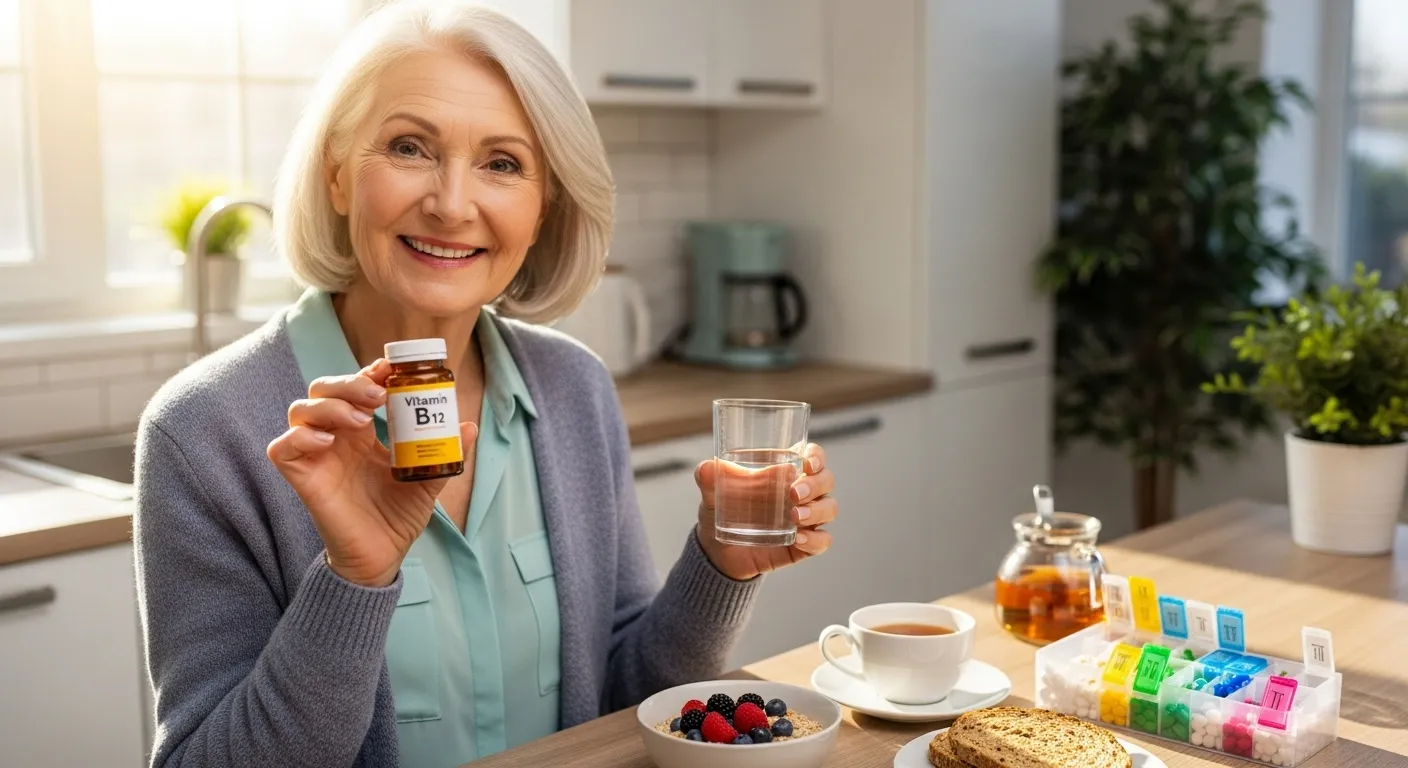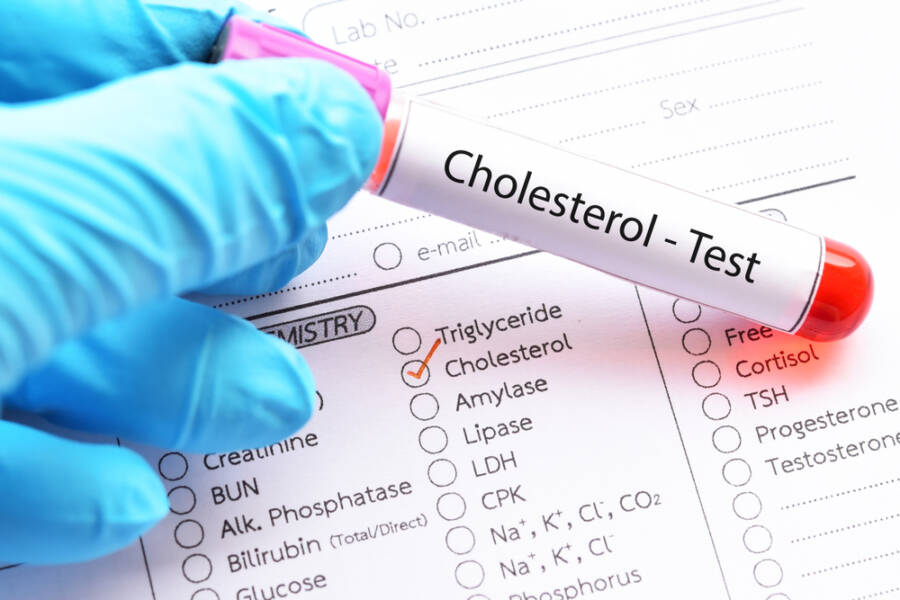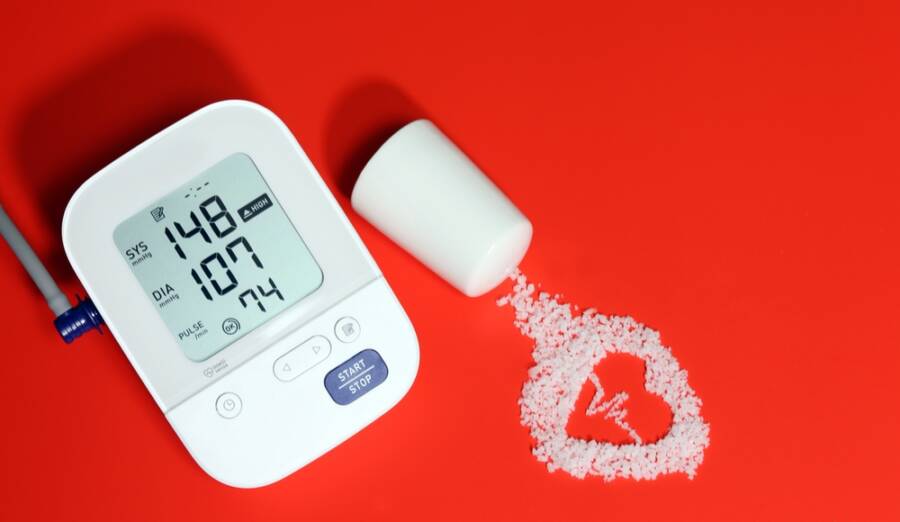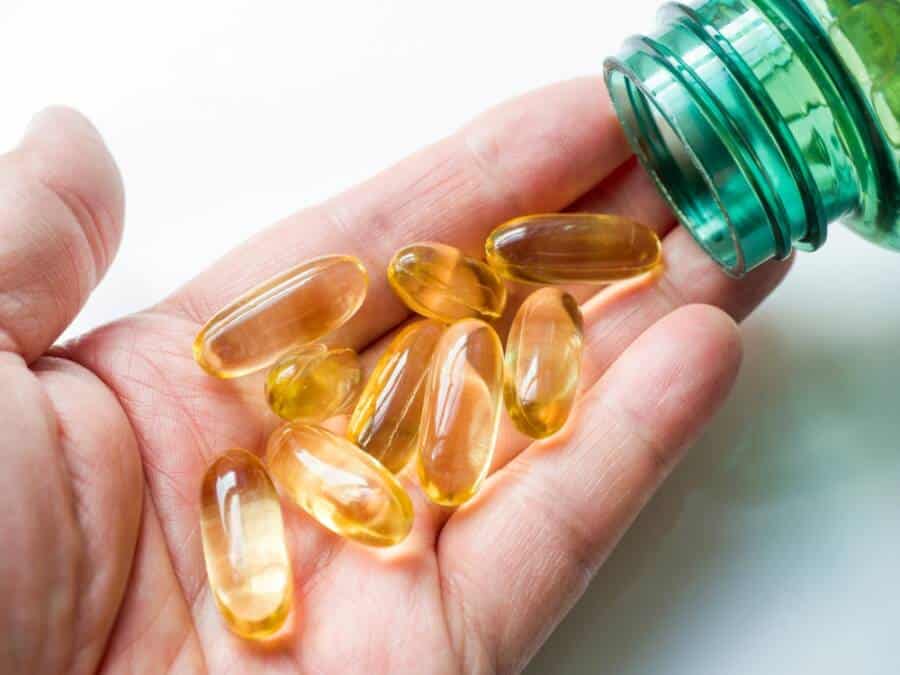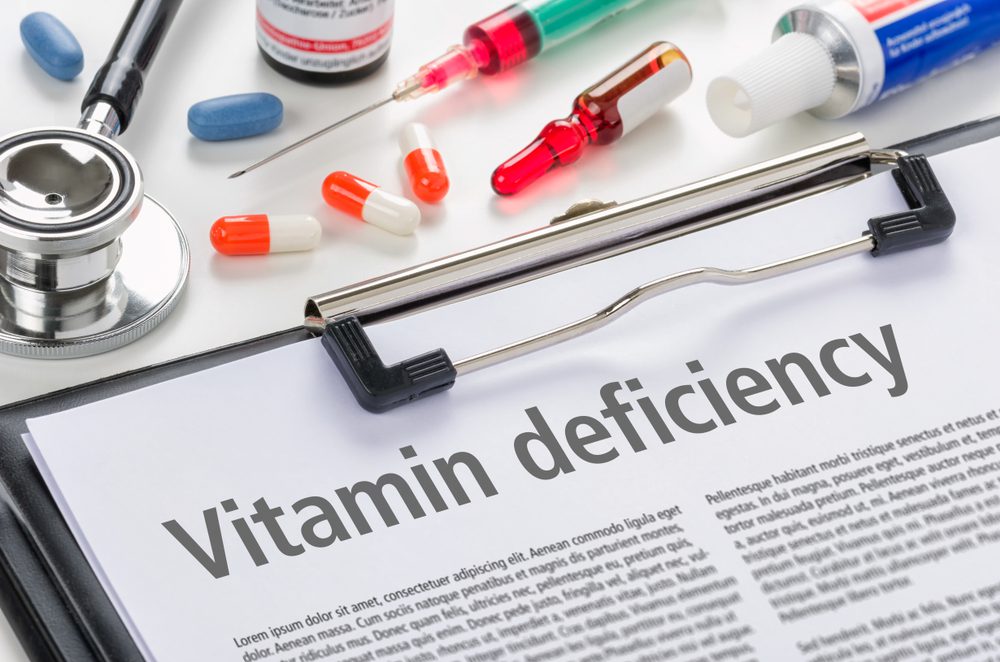Supplements vs. Food: Making the Right Choice
While a food-first approach is always a great foundation for good health, Vitamin B12 is a special case, particularly for seniors on a vegetarian diet. For many, a supplement isn’t just an insurance policy; it’s the most reliable and effective way to ensure adequate levels.
The primary reason is absorption. As mentioned, our ability to absorb B12 from food sources diminishes with age due to lower stomach acid. Fortified foods and supplements contain B12 in its “free” form, meaning it isn’t bound to protein. This makes it much easier for the body to absorb, bypassing the need for strong stomach acid. This is why many health organizations, including the National Institutes of Health (NIH), recommend that all adults over 50 get most of their B12 from fortified foods or supplements.
When searching for the best B12 supplements for seniors, you’ll encounter a few different forms and types:
Cyanocobalamin vs. Methylcobalamin: These are the two most common forms. Cyanocobalamin is the most stable, most studied, and most affordable form. Your body efficiently converts it into the active forms it needs. Methylcobalamin is a naturally occurring, active form that is also very effective. For the vast majority of people, cyanocobalamin is a perfectly good and reliable choice.
Delivery Methods: You can find B12 in several forms.
Oral tablets are the most common.
Sublingual tablets or lozenges dissolve under the tongue, which some believe allows for better absorption directly into the bloodstream, though studies show they are about as effective as oral tablets for most people.
Nasal sprays are another option.
Injections are typically reserved for those with severe deficiencies or significant absorption problems and must be prescribed and administered by a doctor.
The right dosage can vary. The recommended dietary allowance (RDA) is 2.4 mcg per day, but since only a small percentage of a large oral dose is absorbed, supplement dosages are often much higher (e.g., 500 mcg to 1,000 mcg). These higher doses are considered safe, as B12 is a water-soluble vitamin and your body will excrete what it doesn’t need. However, it is essential to consult with your doctor or a registered dietitian. They can review your blood work and health history to recommend the specific form and dosage that is best for you.

